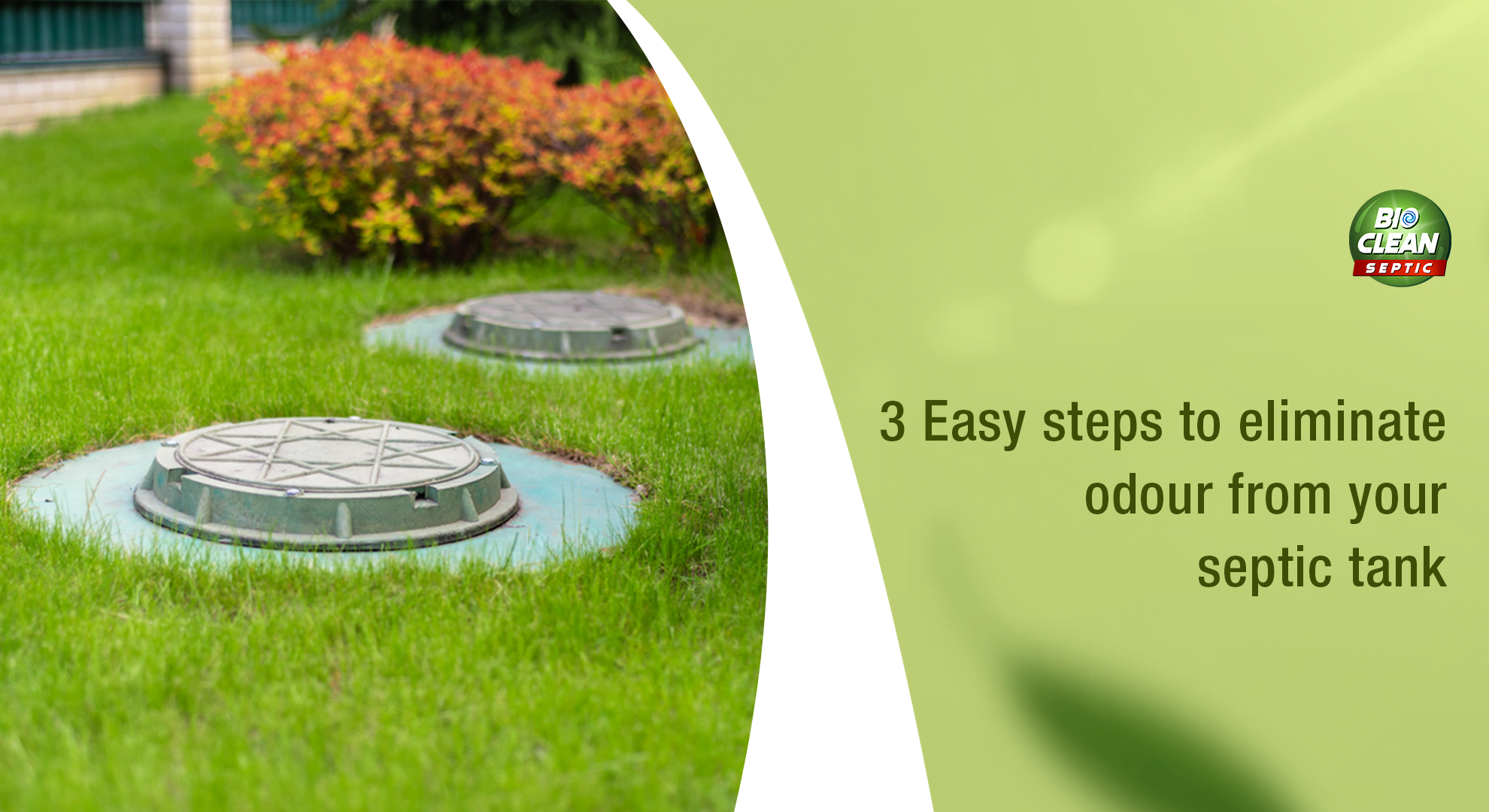
Okay, let's be real â€" a septic tank smell in your home is not a pleasant experience. It's like that embarrassing moment when you accidentally use your phone's speaker instead of the headset during a conference call. You just want to crawl under the couch and hide. But don't worry, you're not alone! Dealing with septic tank odors is a common problem that, thankfully, can be solved with the right approach.
Before we dive into the solutions, let's talk about why this happens in the first place. You see, your septic tank is like a tiny ecosystem, bustling with bacteria that break down your waste. These bacteria, while essential for the whole process, can also release some pungent gases. If these gases escape the tank and find their way into your home, well, you know the rest.
The Usual Suspects: Where's That Smell Coming From?
Dry P-Trap: Remember those U-shaped pipes under your sinks and showers? Those are called P-traps, and they're designed to hold a little water, creating a seal that prevents sewer gases from entering your home. If this trap dries out, that seal breaks, and bam! The unwelcome aroma finds its way in.
Cracked Pipes: Leaky pipes or cracks in your plumbing system can create a direct pathway for sewer gas to escape and find its way into your home.
Overloaded Tank: When your septic tank is overflowing, it can't handle the waste properly, leading to backup and, you guessed it, smelly situations.
Vent Problems: Your septic system has a vent pipe that allows gases to escape into the atmosphere. If this vent is blocked or malfunctioning, the gases can back up into your house.
Clogged Drainfield: The drainfield is where the treated wastewater is released back into the ground. If it becomes clogged, the wastewater can back up, creating a smelly mess.
The Fix-It Kit: Effective Solutions for Septic Tank Odors
Now that you know the culprits, let's talk about tackling those smells.
1. The "P-Trap" Rescue: The simplest fix for a dry P-trap is to run water in your sinks and showers regularly. This ensures the traps are always full and acting as the barrier they're supposed to be.
2. The Sniffing Investigation: Get your detective hat on! Follow the trail of the smell and carefully inspect your plumbing system. Look for any leaks, cracks, or visible signs of damage. If you're not comfortable with plumbing, call a professional plumber to diagnose the problem.
3. The Septic Tank Checkup: Get your septic tank pumped regularly. This is crucial! A full tank can lead to a smelly situation and can damage your system. The frequency depends on the size of your tank and your household's waste production, but generally, a pump every 3-5 years is a good rule of thumb.
4. The Vent Patrol: Check your vent pipe to make sure it's clear and unobstructed. Debris, birds, or other critters can easily block the vent, leading to odor problems.
5. The Drainfield De-Clogger: A clogged drainfield is a bit trickier to handle on your own. It's best to call a septic system professional who can diagnose the problem and offer solutions.
6. The Green Allies: Bacteria and Enzymes: Bacteria and enzyme treatments for your septic system can be a great help in breaking down waste and reducing odor-causing bacteria. These products are available at most hardware stores and come in liquid, tablet, or powder form.
7. The Deodorizer Squad: While these solutions address the root of the problem, you can use deodorizers to mask the smell in the meantime. Baking soda, vinegar, and commercial deodorizers can be effective in absorbing odors.
8. The DIY Odor Absorbers: Place bowls of activated charcoal or baking soda around the house. These materials are excellent odor absorbers and can help neutralize the smell.
9. The Air Freshener Trick: Don't underestimate the power of a good air freshener. It may not be a long-term solution, but it can help mask the odor while you're working on the underlying problem.
10. The "Call for Help" Moment: If the smell is persistent and you can't pinpoint the source, call a professional septic system service. They have the experience and equipment to diagnose the problem and recommend the best solution.
Important Note: Remember, septic systems are delicate ecosystems. Avoid pouring harsh chemicals or bleach down the drain. These chemicals can kill the beneficial bacteria in your septic tank, making the problem worse.
The Long Game: Septic System Maintenance
Preventing septic tank smells is all about regular maintenance. Here are some tips:
Pump it Regularly: Get your tank pumped every 3-5 years, or even more often if you have a large family or use a lot of water.
Water Wisely: Avoid overwatering your lawn, as it can overwhelm your drainfield. Install low-flow toilets and showerheads to reduce water usage.
Skip the Garbage Disposal: Garbage disposals can put extra strain on your septic system. It's best to dispose of food waste in your trash can.
Limit Harsh Chemicals: Minimize the use of harsh chemicals like bleach and cleaners in your home. These can harm the bacteria in your septic system.
Observe and Listen: Pay attention to any changes in your plumbing system. Unusual noises or slow drainage could be early warning signs of a problem.
The Final Word: Dealing with septic tank odors can be a frustrating experience, but with a little effort and the right solutions, you can get rid of those smelly intruders and restore the peace in your home. Remember, prevention is key, so keep up with those regular maintenance checks! And if you're still unsure, don't hesitate to call a professional. They're there to help you keep your septic system in tip-top shape and your home smelling fresh as a daisy.
0 comments:
Post a Comment
Note: Only a member of this blog may post a comment.